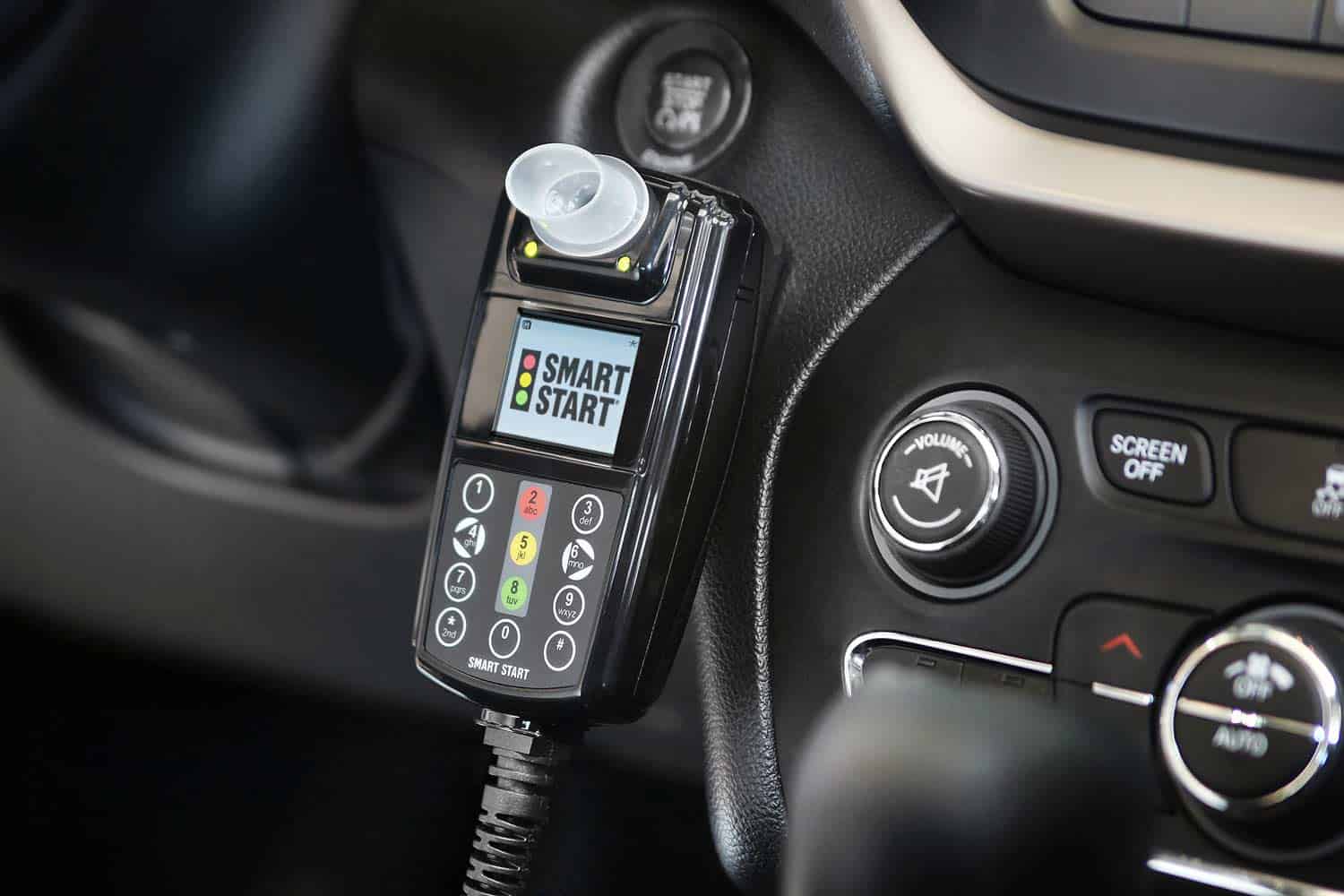If you’ve been asking yourself what is DWI with a passenger under 15, the answer is more serious than most people realize. In Texas, this isn’t your average DWI. It’s a felony—a major legal distinction that can change someone’s life in ways most drivers never consider when they get behind the wheel after drinking. While a standard DWI is already a serious offense, the presence of a child under the age of 15 in the car triggers a new level of legal consequences, public judgment, and long-term repercussions.
This article breaks down exactly what it means to be charged with DWI with a passenger under 15, explains the legal consequences, and offers real-world context through personal stories, courtroom analysis, and the type of practical advice you won’t find in a statute book. Let’s take a closer look at this specific type ofDWI offense—because understanding it fully is the first step in avoiding or defending against it.

The Legal Definition: What Is DWI with a Passenger Under 15?
Under Texas Penal Code § 49.045, a person commits driving while intoxicated with a passenger under 15 years old when they operate a motor vehicle in a public place while intoxicated, and a child who is younger than 15 is in the vehicle at the time of the offense.
Let’s break this down:
- Driving while intoxicated (DWI): Operating a vehicle with ablood alcohol concentration (BAC) of 0.08% or higher or losing normal physical or mental faculties due to alcohol or drugs.
- Passenger under 15: Any child in the vehicle who has not reached their 15th birthday—whether a son, daughter, friend’s child, or even a sibling.
The presence of that child converts what could have been a misdemeanor DWI into a state jail felony. This is the same classification used for crimes like theft over $2,500 or repeat domestic violence offenses. So yes, even if it’s your first DWI, you could be facing felony charges if a minor is present.
Why the Law Is So Strict When a Child Is Involved
The Texas Legislature didn’t just stumble on this rule by accident. The law reflects a growing concern about protecting minors from dangerous, negligent behavior by adults—especially behind the wheel. Children have no control over whether an adult chooses to drive drunk. The law, therefore, adds serious weight to the act of endangering them through intoxicated driving.
Think about it from a public safety perspective: if an adult chooses to drink and drive, they’re already putting the general public at risk. But bringing a child along turns that risk into an unacceptable breach of duty. The courts, prosecutors, and juries take this seriously—and so should you.
Real-Life Example: A Father’s Mistake
Consider the case of Marco, a single dad in Fort Worth. He had his 10-year-old son in the backseat when he was pulled over after swerving on I-30. Marco had a couple of beers at dinner—not enough to feel drunk, in his opinion—but he blew a .09% on the breathalyzer. It was his first DWI offense.
However, because his son was in the car, Marco was arrested and charged with DWI with a passenger under 15. That meant a state jail felony on his record, not a misdemeanor. He lost custody of his child temporarily while CPS conducted an investigation. He also faced potential jail time, thousands of dollars in fines, and mandatory counseling.
For Marco, the impact of not fully understanding what is DWI with a passenger under 15 changed the course of his life—not because he meant to harm his child, but because he underestimated how seriously Texas law treats this offense.
The Penalties: What You’re Really Facing
If you’re charged with DWI with a passenger under 15, the consequences are far more severe than a standard first-time DWI. This is not a situation where you’ll likely walk away with a slap on the wrist.
Here’s what’s on the table:
Felony Classification
This offense is classified as a state jail felony, which carries a punishment range of:
- 180 days to 2 years in a state jail facility
- Up to a $10,000 fine
- Mandatory community supervision (probation)
- Possible ignition interlock device requirement

License Suspension
Your driver’s license could be suspended for up to 180 days or longer, depending on whether you’ve had any prior administrative license revocations.
Child Protective Services (CPS) Involvement
Driving intoxicated with a child may trigger an investigation by CPS, especially if the child is your dependent. This adds an entirely separate layer of emotional and legal stress.
Criminal Record Implications
A felony conviction affects everything—from job opportunities to housing, to firearm rights. Unlike misdemeanors, felonies are often harder to expunge and more damaging socially.

Professional License Risks
Teachers, nurses, commercial drivers, and anyone holding a state-issued license may face disciplinary actions, including suspension or loss of licensure.
Clearly, the question of what is DWI with a passenger under 15 isn’t academic. It’s a life-altering legal charge that impacts your freedom, finances, and future.
How Prosecutors View These Cases
Prosecutors take an especially hardline stance on DWI with a passenger under 15. In their eyes, this offense isn’t just about impaired driving—it’s about child endangerment. While the child may not show visible signs of harm, the potential risk alone is often enough to justify an aggressive approach.
Don’t expect sympathy just because it was a first offense or the child was sleeping peacefully in the backseat. The mere presence of a child during aDWI arrest is enough to push the case into felony territory—and prosecutors often seek maximum penalties to “send a message.”
How the Courts Handle These Charges
Courts across Texas take felony DWIs involving minors seriously, but the outcome can depend heavily on the judge, county, and facts of the case. In some situations, courts may offer plea deals that allow the defendant to avoid jail time in exchange for probation, counseling, and strict compliance with court orders.
However, that leniency often depends on:
- Whether this was a first offense
- The driver’s BAC at the time of arrest
- The age of the child passenger
- Whether any harm occurred
- The level of cooperation with law enforcement
A seasoned defense attorney will help frame your case in a more favorable light, but make no mistake—courts have little patience for people who put children at risk, whether intentionally or not.
Is There a Defense to DWI with a Passenger Under 15?
Yes, but it’s challenging. To fight the charge, you’ll need an attorney who understands both DWI law and felony procedure. Here are a few defense strategies that may apply:
Questioning the Traffic Stop
Was the stop legal? If the officer lacked probable cause to initiate the traffic stop, all evidence obtained afterward—including breath tests—may be thrown out.
Challenging the BAC Results
Breathalyzers are not infallible. Your attorney may challenge the accuracy of the test or the qualifications of the person who administered it.
Disputing the Passenger’s Age
If the passenger was close to 15, and no official documentation verifies their age, your attorney might be able to cast doubt on whether the child was under the age limit.
Establishing No Actual Intoxication
You may have performed poorly on field sobriety tests due to fatigue, injury, or nervousness—not intoxication. Establishing this can be key to avoiding conviction.
While it’s possible to fight the charge, a conviction can still occur even without obvious signs of reckless driving or child endangerment. That’s why it’s crucial to understand what is DWI with a passenger under 15 from a defense perspective early on.
The Long-Term Consequences: More Than Just a Legal Case
This charge doesn’t end with court appearances. Once convicted, you’ll deal with:
- Stigma: Employers, landlords, and even extended family members may treat you differently.
- Financial strain: Court fines, legal fees, increased insurance, and probation costs add up fast.
- Employment limitations: Many employers refuse to hire anyone with a felony record, especially if the role involves driving.
- Child custody issues: A conviction can be used against you in custody disputes.
Felony DWIs involving children often echo throughout a person’s life for years. Understanding the full scope of the charge helps you appreciate why it’s important to seek strong legal help immediately.
Real-Life Example: How a Plea Deal Made a Difference
In another case, Brianna was charged with DWI with a passenger under 15 after being pulled over with her 14-year-old niece in the car. Her BAC registered at 0.082%—barely over the legal limit.
Her attorney presented character references, counseling records, and proof that Brianna had immediately entered treatment. Because the child hadn’t been harmed and Brianna had no prior criminal history, prosecutors agreed to reduce the charge to a Class A misdemeanor DWI with no jail time, contingent on probation and community service.
The takeaway? While DWI with a passenger under 15 is serious, proactive steps can sometimes make a big difference in outcome.
Prevention: How to Avoid This Charge Altogether
Let’s be honest: no one intends to endanger a child. But the road to a felony charge is often paved with bad judgment and avoidable risks. Here’s how to stay clear of the courtroom altogether:
- Use a rideshare service: Always cheaper than bail, court, or legal fees.
- Plan ahead: If alcohol will be involved, arrange for a sober driver in advance.
- Never drive after “just one or two” if kids are in the car. The law doesn’t make exceptions for “feeling fine.”
- Educate yourself: Knowing what constitutes DWI under Texas law makes it easier to avoid accidental violations.

Knowing what is DWI with a passenger under 15 can literally save your future—or someone else’s.
Final Thoughts: Knowledge as a First Line of Defense
So now you understand what is DWI with a passenger under 15—a felony-level charge that turns an already serious mistake into a life-altering legal event. It’s not just about alcohol. It’s about the people we put at risk, the laws designed to protect them, and the real-life consequences that follow.
Whether you’re facing this charge or trying to avoid it, one thing is clear: knowledge is your best defense. Educate yourself, seek legal advice, and never assume that good intentions will protect you from the law. In Texas, when children are involved, the law does not look the other way.

